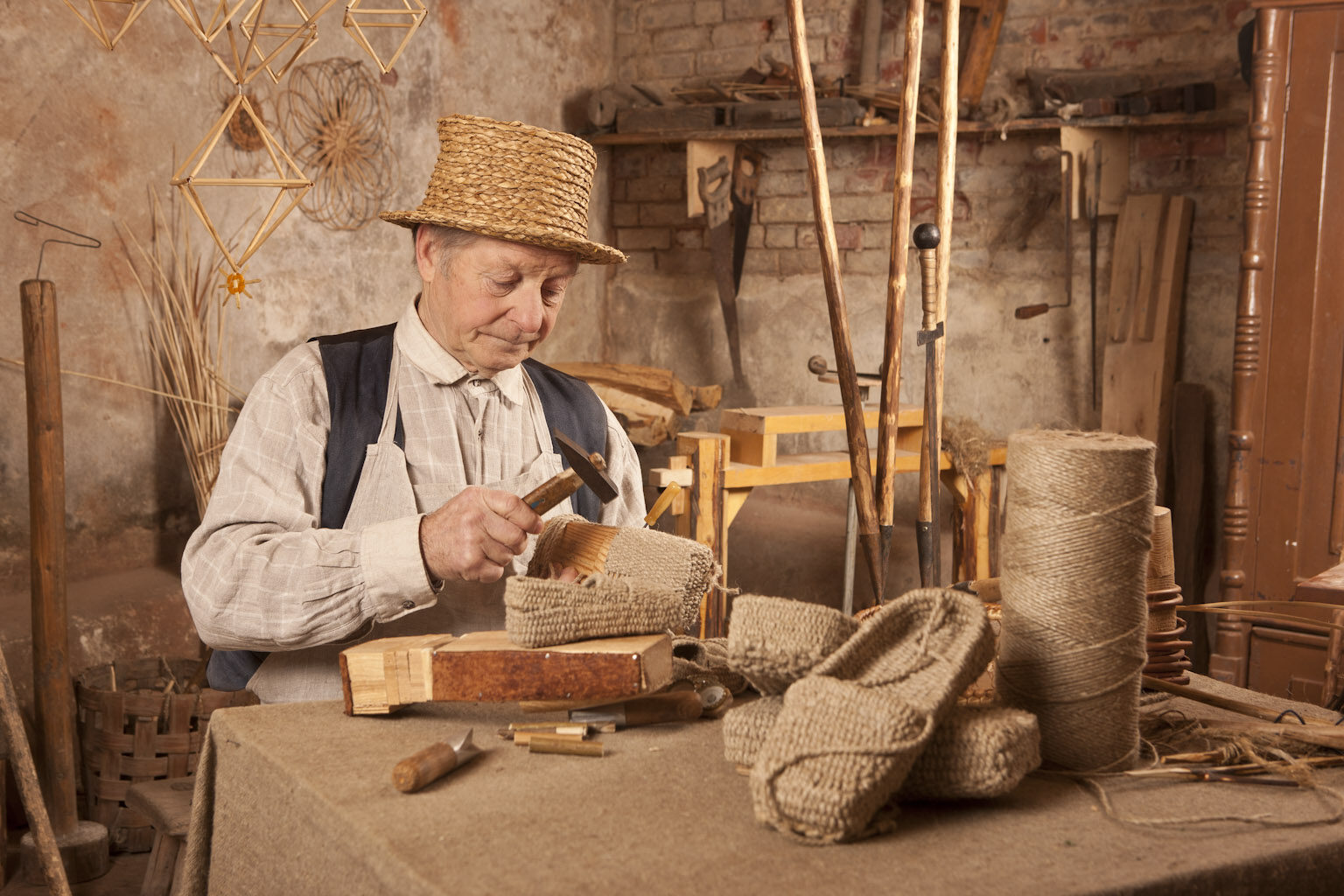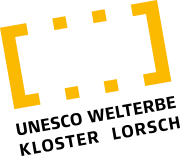
Congress of International Agricultural Museums 2026 (CIMA)
We invite you to take part in AIMA’s triennial Congress during AIMA’s 60th year. Join us from March 5th to March 9th 2026 at the UNESCO World Heritage Site Lorsch Abbey as we renew professional connections and engage directly with those who collect, preserve and interpret intangible cultural heritage.
The Preliminary CIMA schedule is as follows:
Wednesday, 4th March
Arrival Day
Thursday, 5th March
Pre-Conference Field Trips
Friday, 6th March
General Assembly
Working Group Meetings
Saturday, 7th March
Intangible Cultural Heritage in Agricultural Museums, Living History Sites and Archaeological Open-Air Museums
Sessions / Papers
Keynotes
Evening Reception with Exhibition Opening
Sunday, 8th March
Celebrating Intangible Cultural Heritage at the Field Day and Spring Event at the Open-Air Laboratory Lauresham
Monday, 9th March
Departure
About the Conference:
In 2003, the UNESCO General Conference in Paris adopted a convention for the preservation of intangible cultural heritage. Intangible cultural heritage (ICH) is extremely broad in this context and includes customs, festivals, traditional craft techniques, as well as music and natural sciences. Since joining in 2013, the Federal Republic of Germany has also committed itself to this task under the motto “Knowledge. Skills. Passing on.” Museum institutions can play a key role in this, as they can cover a particularly wide range of areas at the intersection of the public, research, and education. Many of the crafts practiced there are already recognized as intangible cultural heritage, and many other techniques that have already been lost are waiting to be rediscovered through comprehensive research. At the same time, numerous collaborations and international networking beyond national borders can be used by museums to highlight connections, similarities, and differences between individual traditions.
As part of the International Congress of Agricultural Museums (CIMA), the Saturday conference section “Intangible Cultural Heritage in a Museum Context. The Role of Agricultural Museums, Living History Sites and Archaeological Open-Air Museums” wants to bring together both museum professionals as well as practitioners to talk about:
- Best Practice Examples for ICH documentation, preservation and research
- New initiatives for the recognition of ICH both on a national and international level
- Development of strategies to strengthen the role of museum institutions in the context of ICH
- Creation of networking possibilities and synergy effects for associations and institutions
The Friday, March 6th conference section with Working Group Meetings wants to address and discuss pressing challenges and topics that are core elements of the work of Agricultural Museums. This will include:
- Living Animals in Agricultural Museums
- Art in Agriculture
- Digital Collections (artifacts, audio, photographs and film)
- Machinery (special emphasis on tillage implements and carts/wagons)
- Working Animals
- Seeds
- Trades and Skills in Agriculture
- Women in Agriculture
- 21st century challenges in museum practice
Contact:
Claus Kropp
c.kropp@kloster-lorsch.de
